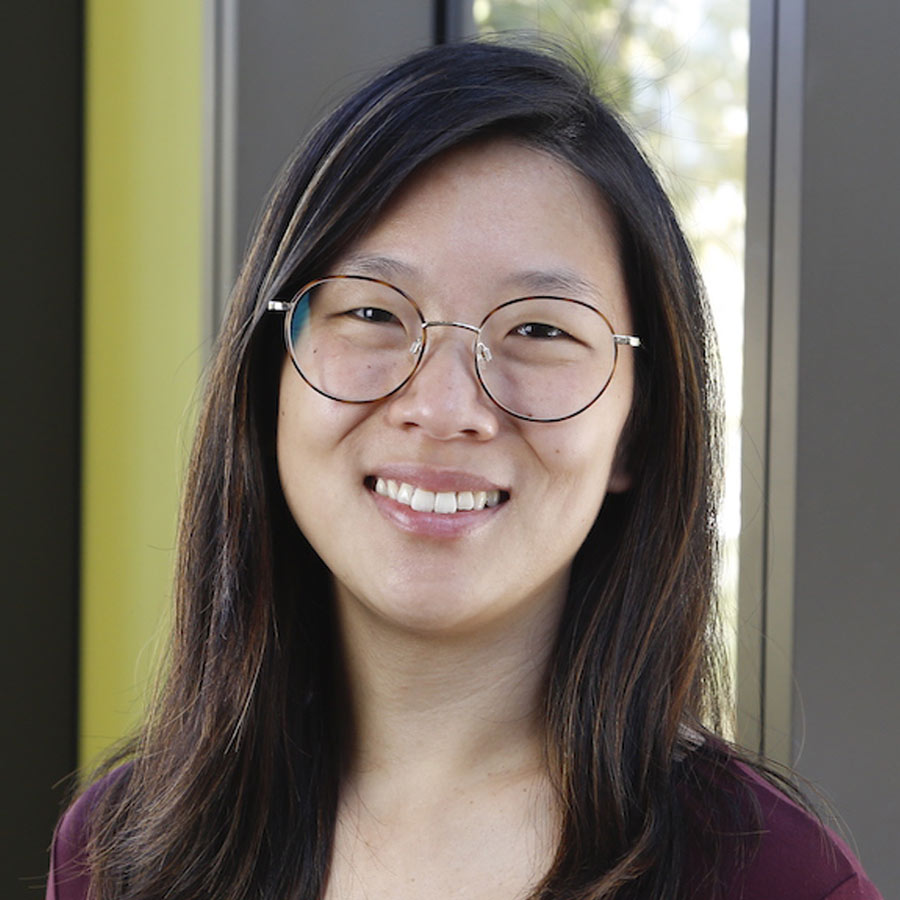Elizabeth admits to impatience. She is excited by flight and wants to solve challenges of designing space crafts. She brings experience doing just that from her work in the Space Systems Lab at MIT. But spacecraft design requires integration of several complex systems each of which takes an “enormous amount of time to design individually,” she says. “It takes even longer to try to put them together in a mission-ready satellite.” Biology also fascinates her. She wants to take biological data, such as the velocity and pressure of blood within an artery, and use that information to better understand the body and how to treat it. Elizabeth’s disparate interests, and her bent for efficiency in getting useful results, will converge in her work with computers to simulate what happens in a plethora of systems, from jet engines to chemical reactions to understanding movement in the Earth’s atmosphere.
“Results from computer simulations can help us better understand systems in the same way that running experiments can, but without many of the uncertainties and hassles of experimental work,” she says. “Unfortunately, we may need to run a simulation for weeks to obtain accurate results and I don’t want to wait that long. My PhD work will focus on using math to speed them up.” The impacts of being able to simulate complicated systems quickly are far-reaching, broad, and practical. “In engineering, we could simulate the performance of many different designs to fine tune the product for best results. In medicine, we could simulate what might happen to a patient in a variety of scenarios to choose the most effective treatment. The sheer range of possible applications for this kind of work is why I chose it.”
“I’d been asking myself, what if I find a really compelling problem that’s not about aerospace. Would I be able to tackle problems in other fields effectively?” Both scientists who interviewed me for a Hertz Fellowship were doing computational work in biology applications, and had made that leap without majoring in biology. I was floored. Finding out that they had selected me for a Fellowship was as if the Hertz Foundation had said to me: not only do we think your interest in simulating a range of systems is a possibility, we can help make it a probability.”

